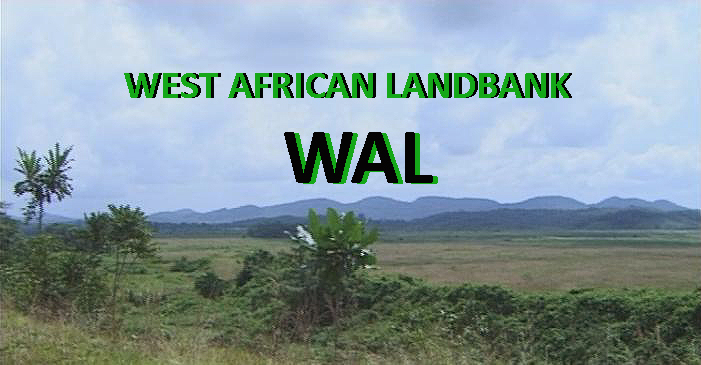The agricultural sector in West Africa is in urgent need of capital. Decades of low investment have meant stagnating productivity
and production levels. International investments in agriculture should be promoted. The extent, nature and impact of
international investments going to West Africa needs to be better understood and monitored. Best practices should be catalogued
in law and policy to better inform both host countries and investors.
(2 December 2009: Source IRIN:
http://www.irinnews.org/Report.aspx?ReportId=87284)
Some land investors in Mali must build and maintain irrigation systems, pay a rental fee of up to $12 per hectare per year
and an annual water fee. But what remains unclear in many land contracts is how much of the harvest remains in the country.
“Most of the sample contracts are silent on the issue,” according a recent FAO report.
West African Landbank (WAL) is a far reaching initiative to register available agricultural land in West Africa for lease and development.
So far WAL build up a portfolio with 2million hectares arable land with rich soil in the Mano River Basin of West Africa, ready to
grow banana, barley, cashew, cassava/manioc, coffee, corn, groundnut, maize, oil palm, orange, papaya/pawpaw, peppers,
pine apple, potatoes, rice, soya, sugar cane, sunflowers, tobacco, and wheat.
The soil is so rich that if you would stick a broom in the ground it will grow leaves!
Over the past 12 months, large-scale acquisitions of farmland in Africa have made headlines in a flood of media reports across
the world. Lands that only a short time ago seemed of little outside interest are now being sought by international
investors to the tune of hundreds of thousands of hectares. If there is an acceptable level of local satisfaction, long-term
land leases for 50 years can be very sustainable. Increased investment may bring macro-level benefits (GDP growth and government revenues),
and create opportunities for raising local living standards. For poorer countries with relatively abundant land, incoming investors
may bring capital, technology, know-how and market access, and may play an important role in catalyzing economic development
in rural areas. Therefore host countries need to create an environment which is conducive to international investment and
reduces the perceived risks. Innovative business models that promote local participation in economic activities may make a lot
of commercial sense. These include outgrower schemes, joint equity with local communities and local content requirements. The
focus needs to be on how these investments can be made “win-win” rather than “neo-colonialism”.
Only registered land-claimers (developers - option takers/lessees) can claim a stake.
Interested land-claimers pay an annual registration-fee.

